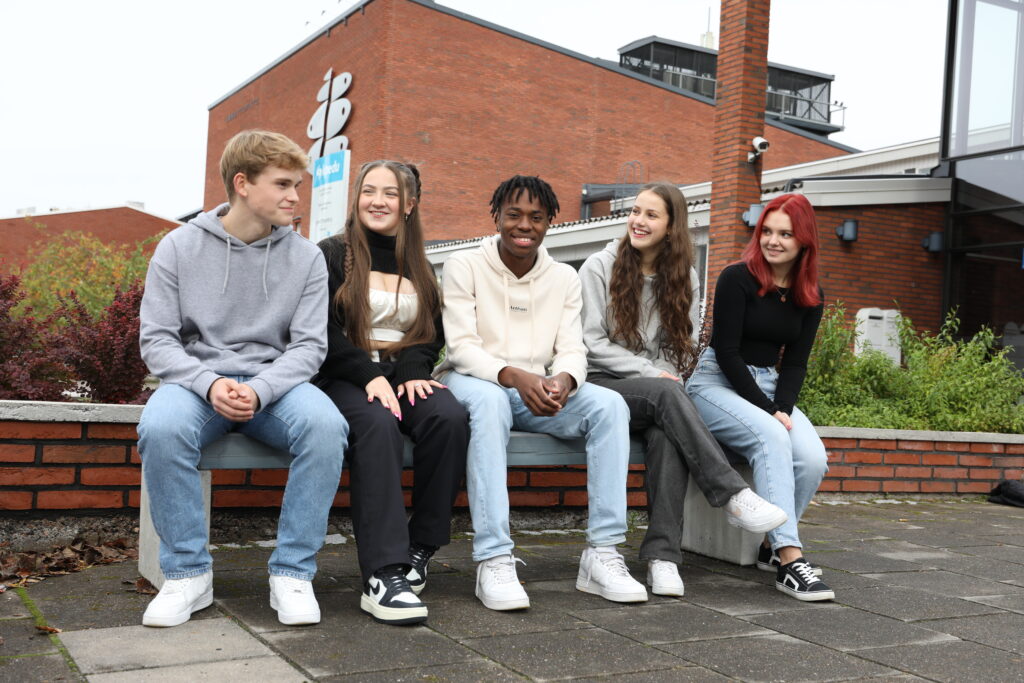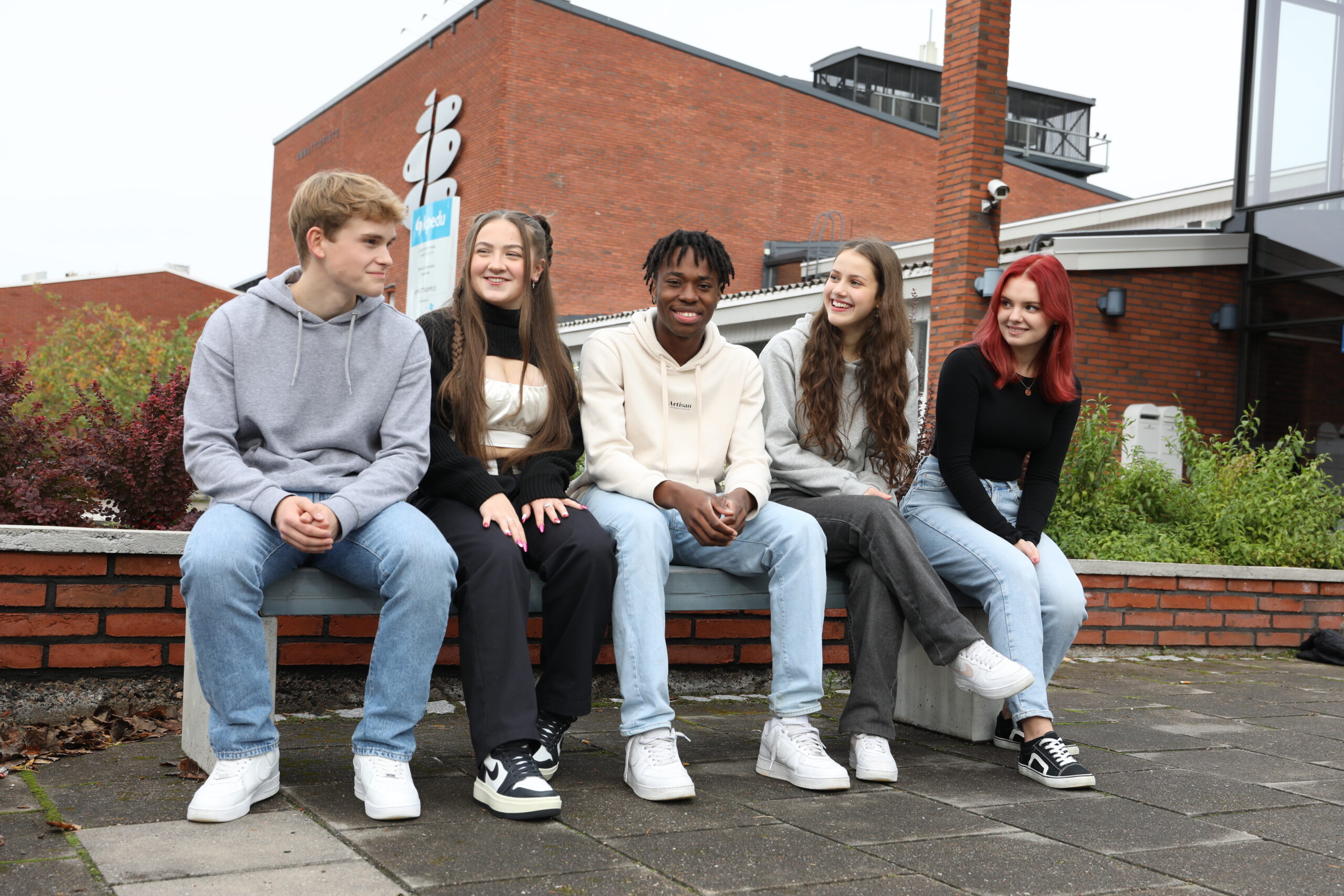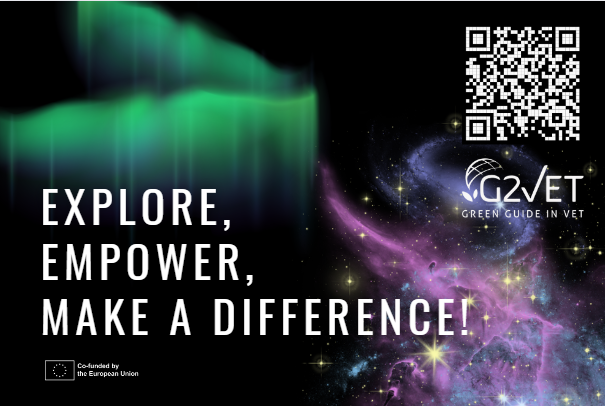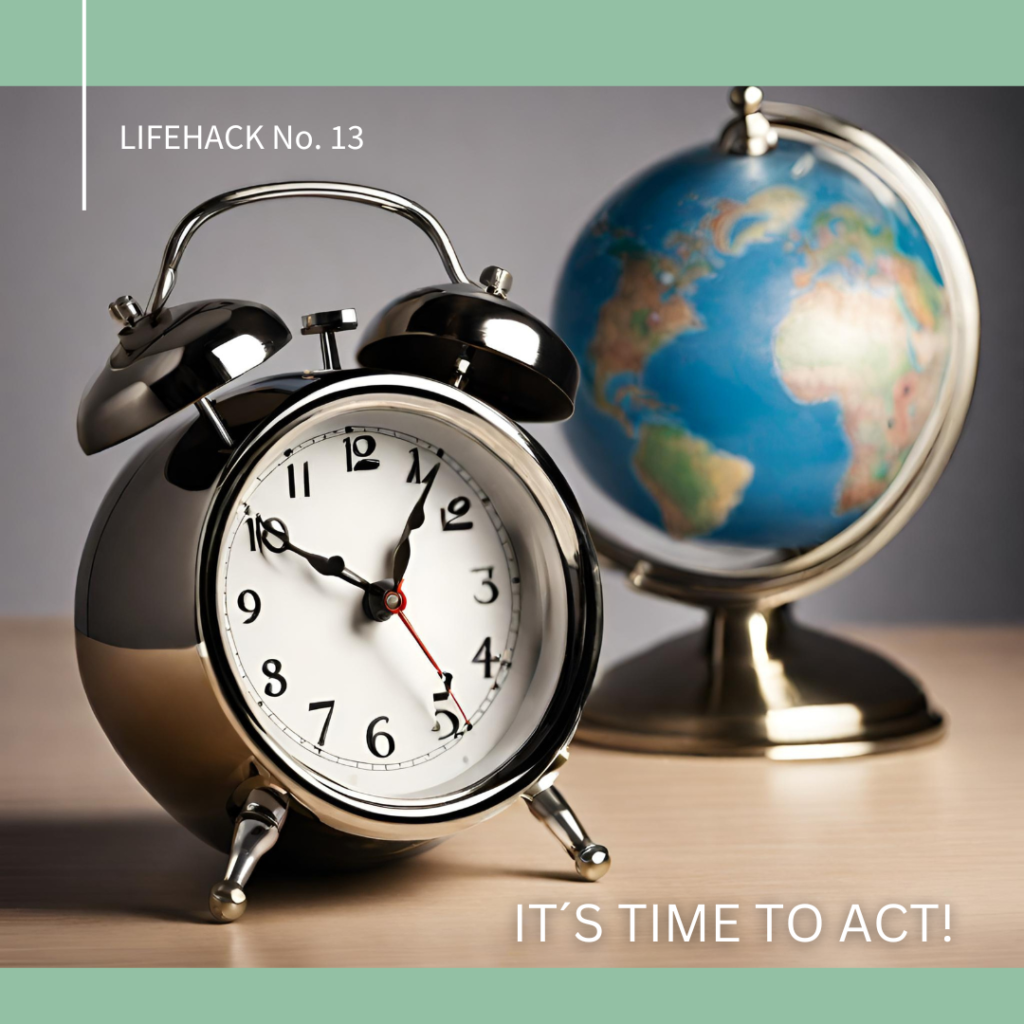
Ecosocially Educated Professionals for a Sustainable Future
Sustainable Development Studies at the Vocational School, Kpedu in Finland
In order to build sustainable future we must educate young people to understand and act accordingly, to respect and save natural resources, maintain and retain diversity of nature and slow down and even stop climate change. Education in sustainability must take place through the whole path of education from day care to upper studies as well as in vocational studies.
Sustainable studies have been a compulsory course for every student for already few decades at vocational schools in Finland. Gradually sustainability has become part of every vocational degree too, in other words sustainability has been incorporated into vocational qualification modules. Teaching sustainability still varies a lot in different vocational qualifications, in some it is already in practice and in others it is still on the way to become reality.
Compulsory course
The length of a compulsory studies in sustainable development is one credit, about 12-16 hours, which are normal classroom lectures generally for all the young students. Online studies are mainly for adults with no previous competence in the subject and some young students who cannot attend to a classroom teaching.
Adult students, who already have knowledge and/or studies in sustainability, but no grade, can demonstrate their competence through an exam.
Previous qualified studies in sustainability can be recognized and there is no need to attend the course any longer.
The Content
A compulsory course in sustainable development consists of three areas: 1) principles of sustainable development, 2) carbon neutrality and circular economy and 3) ethical aspects of operations.
- Principles of sustainable development
The student learns to know the key objectives of ecological, economic, social, and cultural sustainability within sustainable development and their interconnectedness, which makes him/her to understand the significance of human activities in climate change and to recognize the importance of biodiversity and to identify the necessity of sustainable use of natural resources nationally and globally, and additionally to identify sustainable development practices in their own life and work.
- Carbon Neutrality and Circular Economy
The student learns to understand the principles of carbon neutrality and circular economy, which identifies the energy and material efficiency of a product or service.
- Ethical Aspects of Operations
The student learns to recognize ethical choices inherent in work and to evaluate their own and other’s solutions ethically.
Methods
Interactive teaching, group work, pair work, written and drawing exercises, notes, mind maps, exercises based on video material, learning games, and learning games in internet and Kahoot. Outside teaching and learning.
Optional course of Sustainable Development
An optional course in sustainable development is three credits. An optional course is usually thought as an online course, but sometimes as classroom lectures too. The length of the course is three credits (about 45h).
In addition to this, we offer an optional online course in circular economy, 1 credit and an online course: circular economy in an industry field, 15 credits.
The content
The optional course of sustainable development consists of four areas: 1) assessment of sustainable development, 2) planning sustainable practices, 3) acting as an active agent of sustainable development and 4) evaluation of the success of sustainable development activities.
Assessment of Sustainable DevelopmentThe student familiarizes himself/herself with workplace or industry operations from the perspective of sustainable development. The student evaluates factors influencing sustainable development in the workplace or industry and based on that he/she makes proposals for areas of sustainable development improvement.
Planning Sustainable Development Practices
The student defines objectives for promoting sustainable development and solving problems in his/her workplace or industry and selects methods and practices promoting sustainable development tasks and determines resources and plans necessary collaboration.
Acting as an Active Agent of Sustainable Development
The student implements sustainable development practices in their workplace or industry, acts as an example of sustainable development and encourages others to engage in sustainable development activities, and communicates the need for changes in practices.
Evaluation of the Success of Sustainable Development Activities
The student evaluates changes in practices or products in his/her workplace or industry and presents progress.
Climate Responsible Education, 15 credits as optional course for vocational students
Kpedu will have a new climate-responsible education online course as an optional vocational course. By completing this module, students will learn to understand a climate change as a phenomenon, the key factors affecting climate change in their own working field, and how they can personally influence climate and the environment in their work. The general part of the course (5 credits) will be divided accordingly:
1. Sustainable well-being
2. Human -induced climate change
3. Biodiversity protects life on Earth
4. Climate change and Finland
5. Identify and reduce your carbon footprint
6. From wasteful economy to circular economy
A more detailed introduction to the student’s own field is provided in the section of studies: Responsibility and Sustainability in one’s own working field, followed by a work-based learning period and finally an assessment by a vocational teacher and a teacher in sustainable development. (total 10 credits)
Sustainability Team
In addition to our courses on sustainability, we also hold campaigns and events on sustainability in our VET for example World Water Day, Food Waste Day / Week, Energy Saving Week, around Christmas charity campaigns etc. There is so called Sustainability Team (our staff members) at our school and hopefully we soon get also a student member. The Sustainability Team plans and organizes these events and raises awareness through school’s social media channels and info televisions.
Goal
In all VET qualifications it is highly important to co-operate closely with the labor market and anticipate the future needs. At the moment we live a period of time with many big transitions in the world and one of them is a climate change and biodiversity loss. To battle against this transition, we must ensure that our young generations are well equipped with the capacity to understand and act ecosocially smartly: education is the most powerful weapon which you can use to change the world.

Students outside of Kpedu, Kokkola, Finland. Picture Eeva Huotari.

